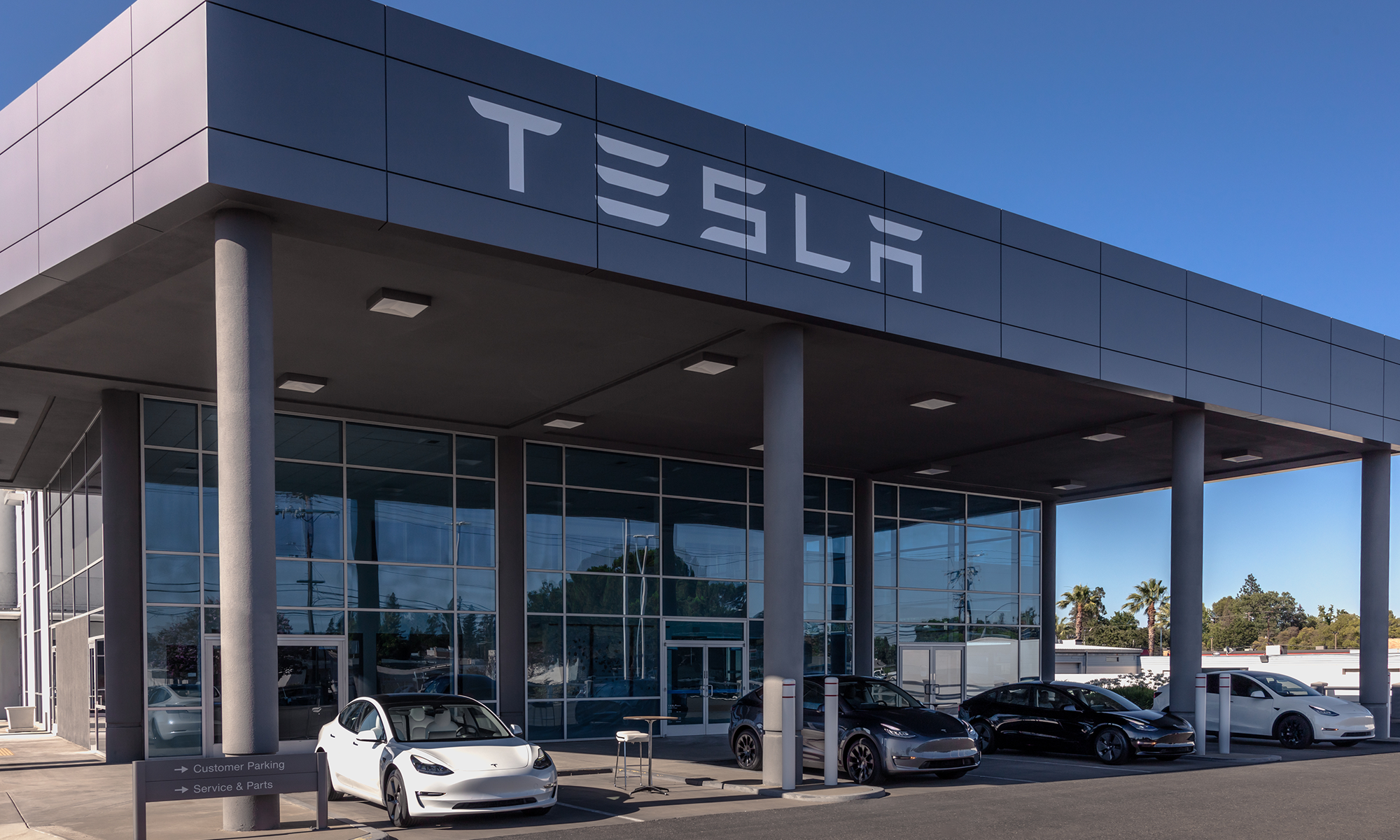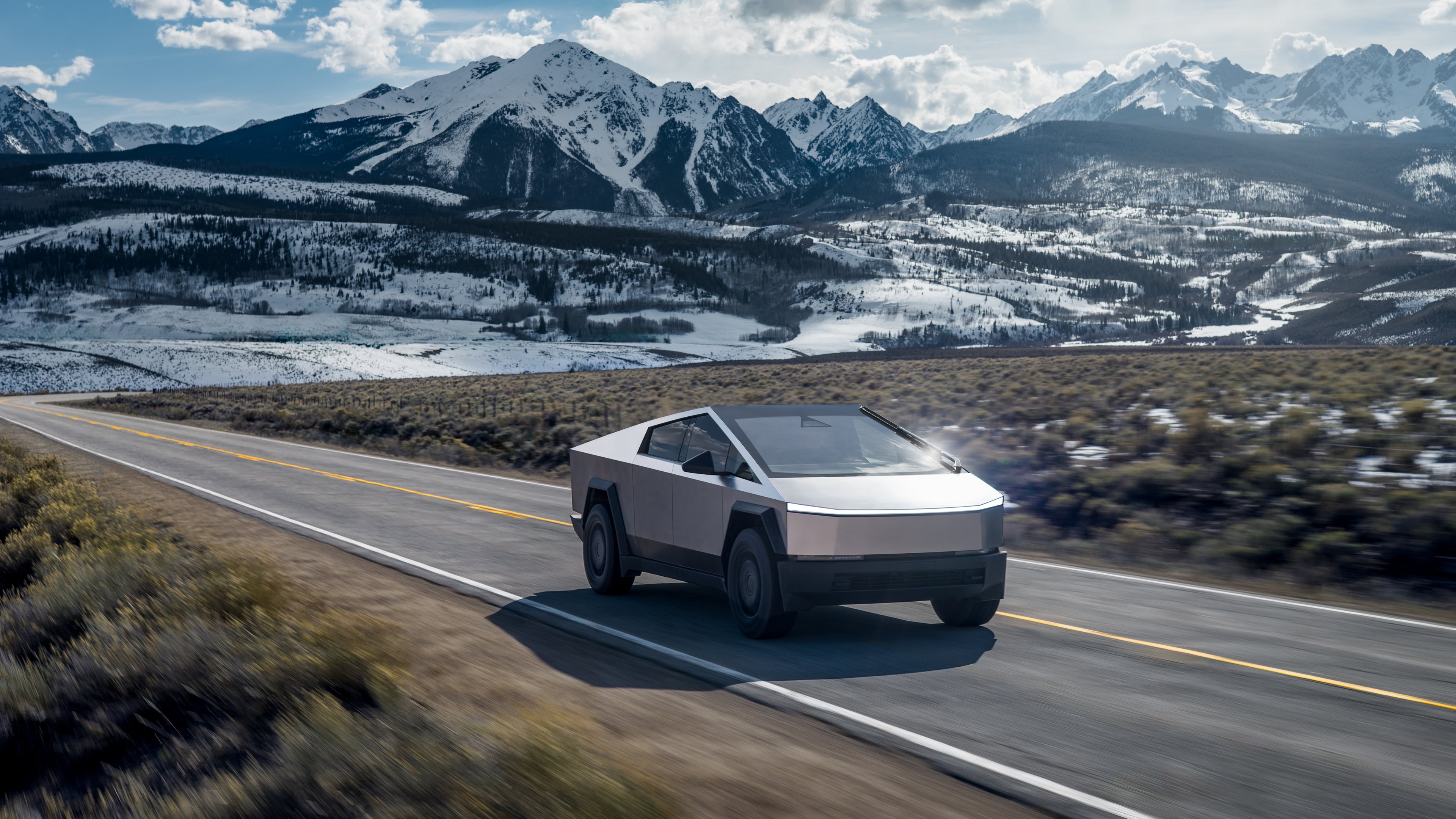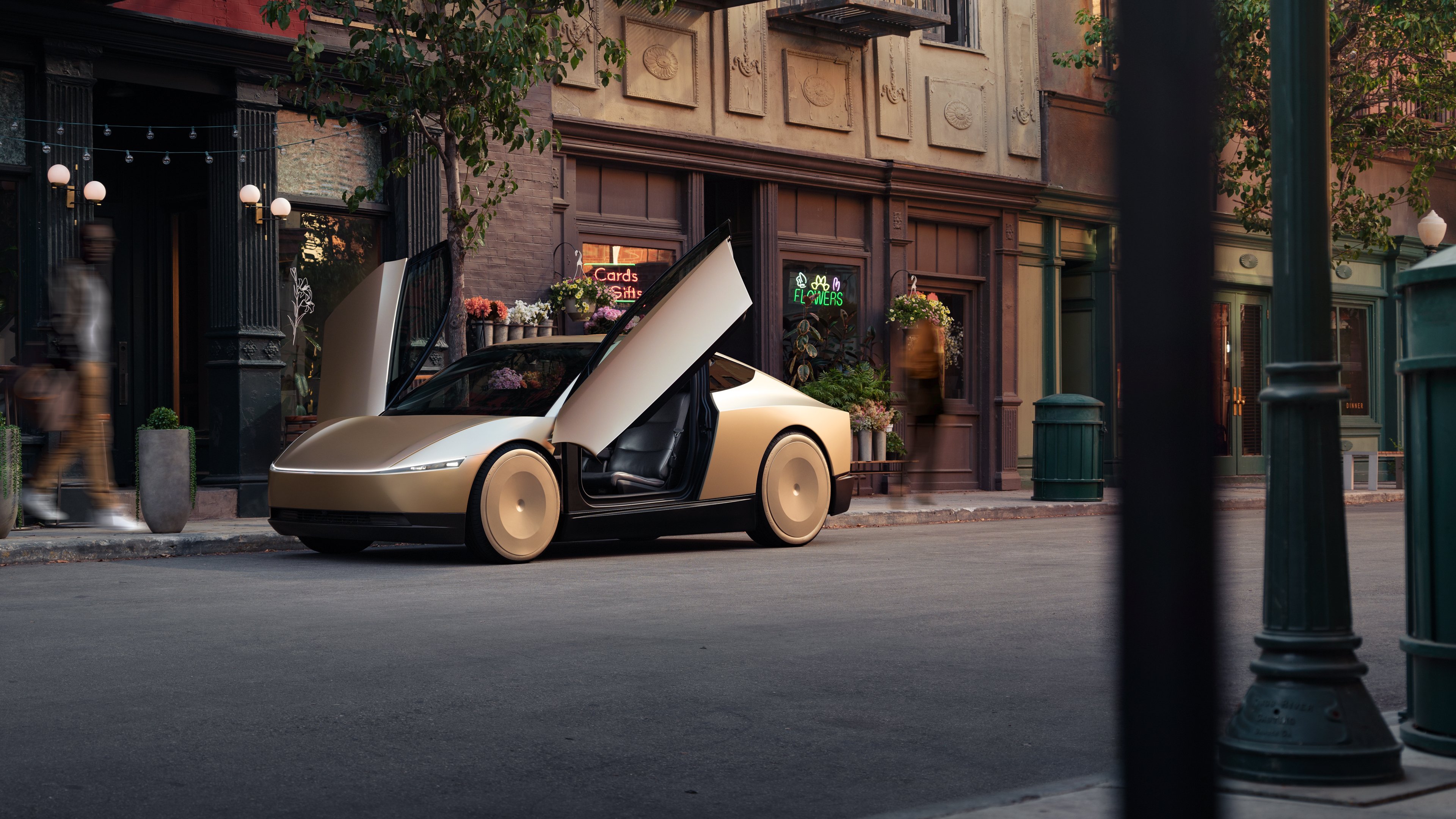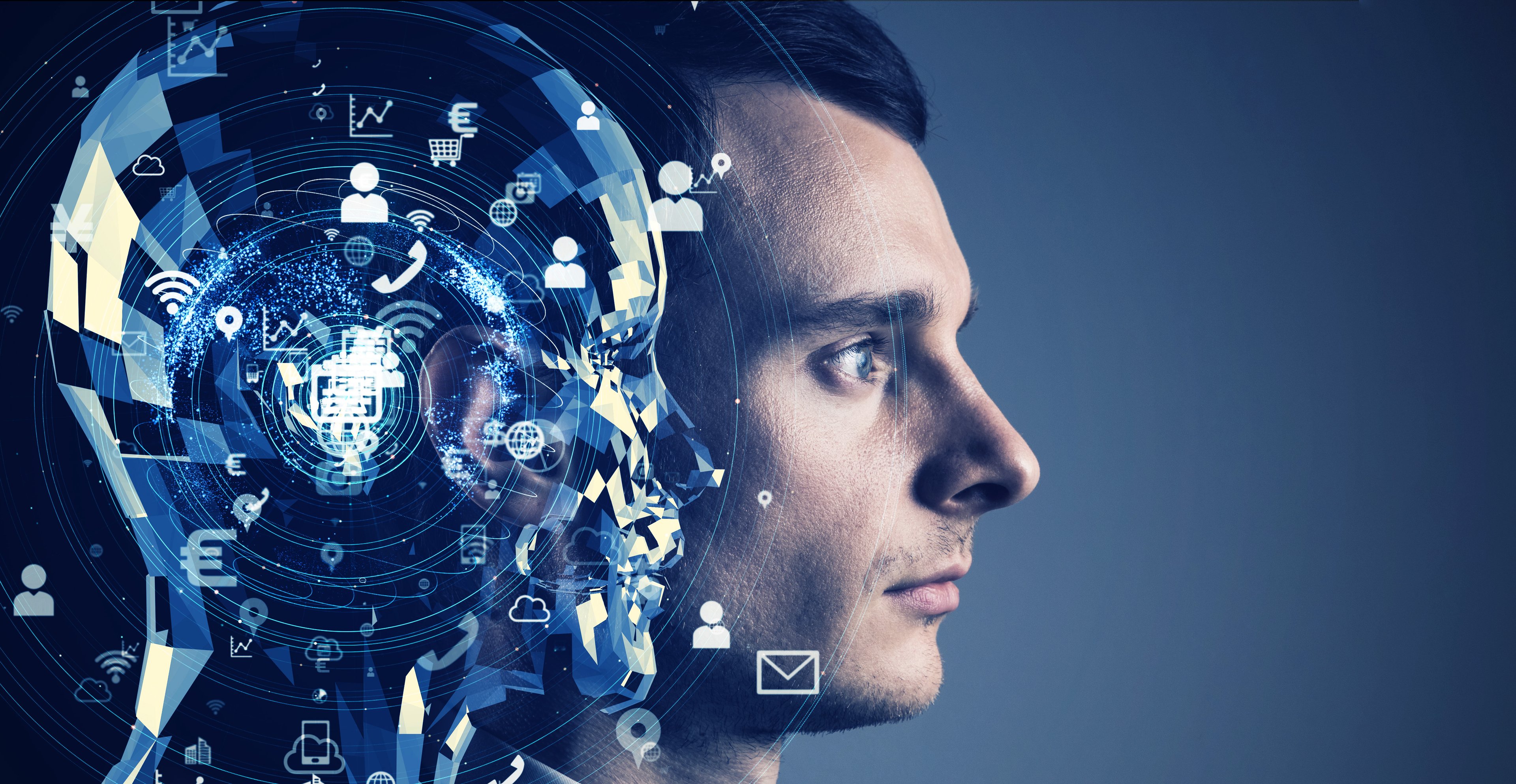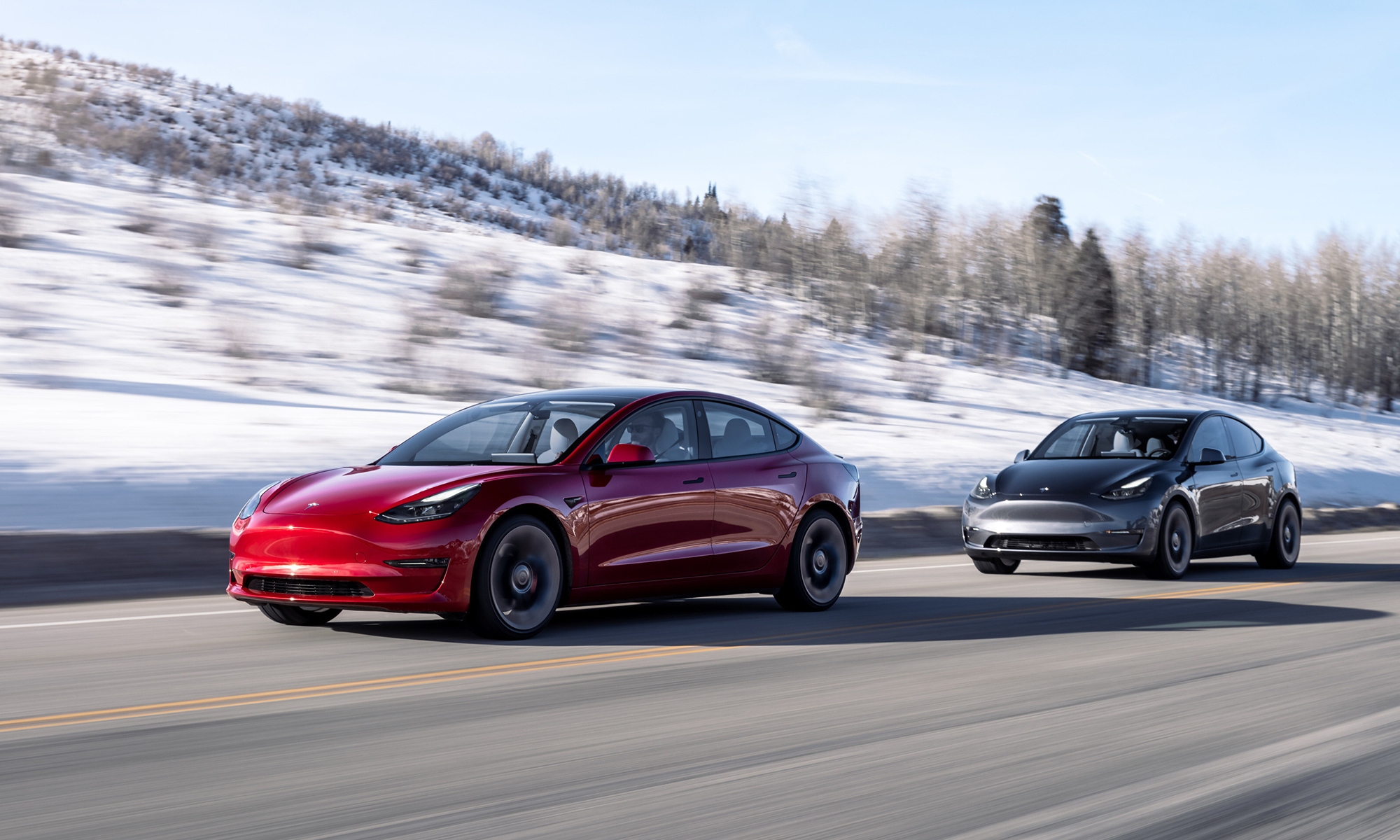Orders continue to pour in to Tesla Motors (TSLA 1.79%) for its electric vehicles. The company literally can't produce its cars fast enough. Tesla doesn't spend a dime on direct advertising, endorsements, or sponsorships, but word of mouth alone does a fantastic job of exciting consumers and accelerating demand. Despite this, Fools should practice caution because this story could end suddenly in a sudden stampede for one very particular reason.

Source: Tesla Motors
Everybody take your seat
One great selling point that entices consumers and keeps them on the edges of their seats is the feeling that the cars are safe. Consumer Reports gave the Tesla Model S the highest ranking for safety it has ever awarded. Recall that both the German Federal Motor Transport Authority and the U.S. National Highway Traffic Safety Administration each conducted an investigation into the safety of the Model S. In both cases, no defects were found.
CEO Elon Musk and the company often boast that its cars have yet to see a single accident resulting in a death or major injury -- Tesla is the only auto manufacturer who can say that. This is despite, at last count, the total miles driven by its vehicles have surpassed 200 million. Musk put it well on CNBC when he stated, "People realize that our car is in fact the safest car on the road. It has the lowest probability of injury of any car."
Sounds great, right? For now.
The sold-out show
At the time of the Model S fires and the media frenzy that followed after, it seemed as though there could be no such thing as bad publicity for Tesla. The company went on to raise guidance and then still blast ahead of analysts' estimates for that quarter. Tesla had originally guided for "slightly under" 6,000 vehicles delivered; instead, the figure came in a hair under 6,900.
As usual, even though Tesla was able to boost production due to more key parts coming in than expected, demand was higher than Tesla's production could possibly keep up with. By all accounts, the car fires and the negative headlines failed to cool down red-hot demand.
Or did it?
Screaming fire in the crowded theater
During the most recent conference call, Andrea James of Dougherty & Company asked Musk if the "media firestorm" was measurable at all. Musk immediately responded, "Yes. So at first, we saw a significant drop in demand, and we were quite worried about it." Whoa! Significant drop in demand? Musk worried? Maybe Tesla isn't invincible after all.
Musk continued, "Consumers came to understand that this was really kind of a media-driven thing and not a real danger with the car, they -- our sales improved steadily since then and have continued to improve since that initial news."
Musk credits social media of all things for doing the job of helping the company recover. It's not like the company responded with commercials during the Super Bowl since, again, it doesn't pay for any advertising. However, the conference call was the first admission of a weakness in demand to the point of worrying management.
The dangerous stampede
To again quote Musk, "The fans are flamed literally by the media." That begs the question: What will happen when there finally is a death or a serious injury in a Tesla vehicle where there is any suspicion that it was due to a failure of the car's technology such as the battery, the software, or something else? As Musk points out, the problem isn't in any danger posed by the car's batteries but the flames fueled by the media. The response to the first major accident involving a Tesla vehicle could dwarf the previous "significant drop in demand" seen with the fires. Any panic by consumers would hit doubly hard because Tesla is actually producing supply at levels closer to meeting its demand.
Tesla is a crowded trade for which perfection is already priced in. Based on this year's current estimates of $1.80 earnings per share, Tesla trades with a P/E well over 100. Fools with only the highest risk tolerance should even consider Tesla as an investment. It may be one bad accident away from a possible crash in fundamental demand and a much cheaper stock price due to its ultra-rich valuation.

